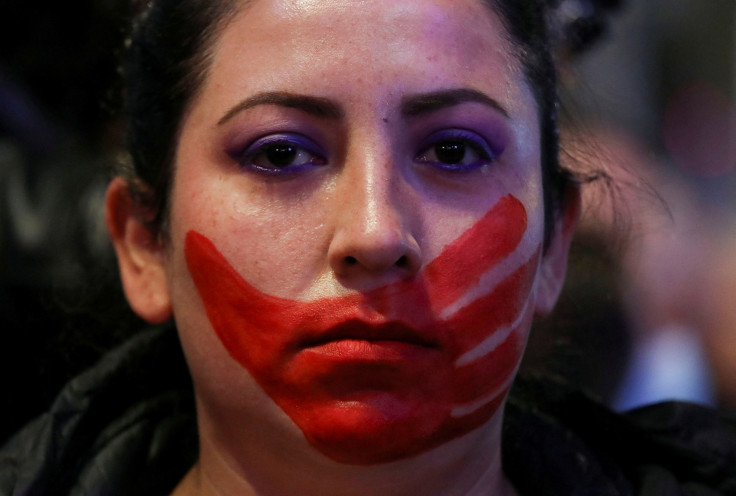
Last year, nations across the globe invested $204 billion, equal to more than £165 billion, in overseas development assistance – according to a recent UN Women report.
While the huge sum was put to humanitarian support on an international scale, researchers found that less than one per cent, one-fifth of one per cent, of the funds was spent on reducing gender-based violence.
In order to reach the goals laid out during the Generation Equality Forum in Paris by 2026, UN Women have partnered with the Equality Institute to call for $500 million in additional funding to be put towards fighting gender-based violence in low and middle-income countries.
Emma Fulu, the Founder and Executive Director of the Equality Institute, noted: "Understanding who is funding prevention, where this funding is going, and what impact this funding is having helps build a picture that can inform and guide future decision-making and investment."
This news comes after another UN Women and United Nations Office on Drugs and Crime (UNODC) research report exposed a current femicide crisis across the globe.
The study found that more women and girls are being killed internationally, despite the overall homicide rate dropping.
With much of the continent considered a low or middle-income country, the UN Women femicide research found that Africa would largely benefit from additional funding being put towards gender-based violence prevention.
In Africa, it was estimated that in 2022, for every 100,000 women, almost three were victims of homicide – the highest number of victims relative to the size of the continent's female population.
Criticising the lack of aid finance being put towards fighting gender-based violence in areas where women are significantly persecuted, Emanuela Paul, a feminist activist from Haiti and the Program Coordinator for Rethinking Power, urged: "Donors need to take into account the context of the community and what the country is going through."
"When it's given as project funds, its problematic because it doesn't take those things into account. Funding needs to be given to organisations to give them the flexibility to adapt to evolving conditions and community realities in their context," Paul told UN Women.
In addition to the emergency funding being put towards feminist organisations directly, the report noted that the current level of funding being put towards gender-based violence prevention will barely make an impact across entire populations.
Over the five-year period between 2018 and 2023, the collaborative UN Women investigation estimated that donors have invested an average of $410 million into gender-based violence prevention each year.
According to UN Women: "Ending gender-based violence is essential to achieving educational and health outcomes for women and girls."
UN Women also recognised that "while some spending is currently directed towards prevention", if aid donors committed just 0.1 per cent of the health and education budgets to prevent violence against women instead, "it could radically transform the funding landscape".
This strategy would meet the 2026 target, laid out in the GBV (Gender Based Violence) Action Coalition commitments, which is currently set at $500 million.
Sima Sami Bahous, the Executive Director of UN Women, said: "Violence against women is not inevitable. In fact, we have more evidence than ever on how to prevent and end it."
Agreeing with Paul, who prioritised funding flexibility in regard to ever-changing contexts, Bahous added: "States now need to take action with a comprehensive approach that is informed and monitored by date and which can be adapted to rapidly changing contexts."
"Policies and programmes can include accelerating reform of discriminatory legal frameworks; ensuring essential services are available and accessible to survivors, as well as boosting efforts to prosecute offenders," the Executive Director of UN Women advised.







